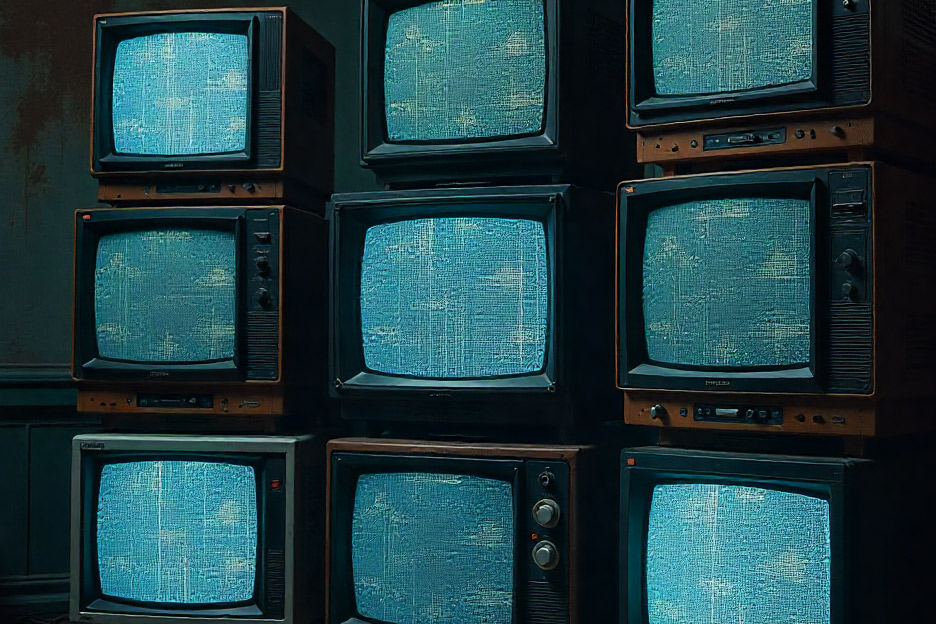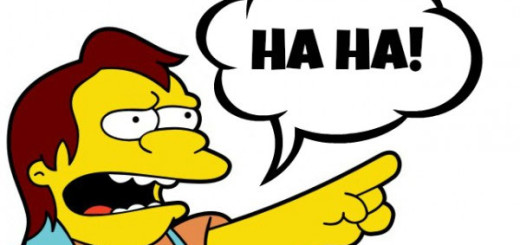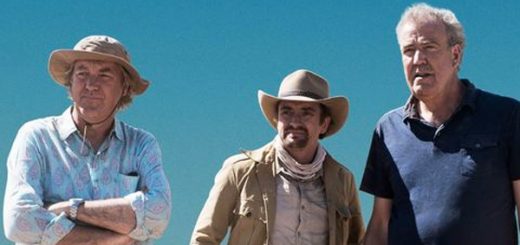The Death of Television in the Sea of Media
The death of television is upon us. Well, at least the near death of Television. Broadcast, cable, and satellite TV is quickly becoming very old fashioned in deed. It is sort of amazing to see how it has gone. I tell this story as a Canadian having grown up with American TV almost always available, my parents got cable when I was 12 or 13, I guess. So the experience may be different in other parts of the world, but the death of TV is in the end universal.
So first off, let me say I write this as a Gen X Boomer if you like. I don’t really fall specifically into that category, but I have lived though the computer revolution so far, and I can pretty easily extrapolate from all that to see where we land next. No, I don’t think it will be Mark Zuckerberg’s slightly geekly looking glasses, but more on that later. Having lived in a world with dial telephones to today’s world wide waste, smart phones, and instant access to an an incredibly pile of crap, I think I can tell you a take of how television has gone from the most dominant force to an afterthought in about 25 years.
Lets start at 1 BI (before internet). Early 1990s was a miracle time. We were in the age of cell phones, which had very rapidly killed of the age of pagers and pay phones. I can remember growing up with payphones all over the place, we would always check them for any change to get money for candy and stuff. This was very much the golden age of television, with cable networks, HBO, ESPN and so on (or TSN for us Canadians). Television ruled the roost, our lives times to meet the linear nature of broadcasting. By the early 90s I was already in my 20s and working my first jobs, and everyone of course would be talking about last night’s episode of whatever show was top at the time. Law and Order, X files, Friends… whatever it was, everyone would be talking about it. We would plan our social lives around not missing the latest shows. A lot of people spent a ton of money on VCRs and later digital recorders to try to break the linear cycle. “Don’t tell me, I didn’t watch it yet!” was often heard in the office as people tried to time shift their entertainment.
The other part of this era was the strength of both US network news and a cable news networks. CNN and Headline News were big players, and you were very likely to get headline news in airport waiting areas. Fox News came along in 1996, with the big understanding that cable news was likely the future of something, nobody was really sure what. But they knew there were millions of eyes to play to, and play they all did.
TV was doing to radio what they did in many ways to newspapers, or course. Local news was what radio did best, and they gave a serious butt whipping to the newspapers on current news. But the newspapers survived often on big weekend editions, deep op eds, and plenty of features. Radio stole some of their market, but newspapers survived. But TV came along and beat the snot out of both of them, turning radio after 6PM into a wasteland, as everyone was off watching TV. Newspapers became less and less relevant as everyone had seen the evening news, the late news, or the morning news before work. Radio had to rely on it’s gabbing style and traffic reports to keep people listening. TV was sweeping up.
Then the internet came along. Early on it wasn’t very scary, connections were slow, a lot of people didn’t have a home computer or laptop, and smart phones didn’t come around much before 2008 or so. Even then, they had squinty little screens. TV was still the strong player, but things you YouTube, Vimeo, and others were starting to compete. Social media slowly came along as was very powerful too, stealing time from the TV world. Then phones got smarter, screens got bigger, data connections got faster and boom, everyone is slow walking down the street watching dumb cat videos. It wasn’t as fast as all that, but between surfing the web on the PC or laptop most people had by the time, or using a tablet meant that time that use to be TV time became more like “me time” and you did what you want when you want and called it even. Many of us enjoyed playing online games, MMP style games took a ton of time, especially for younger people. This is actually where television started to die off quickly.
Television had built itself out for being the dominant media source for the majority of people. Network channels, local channels, cable networks, multiple sports networks… all of this stuff needed viewership and since everyone was watching something, they did well. But the internet gutted that very quickly. Netflix was one of the key players here. They had already built up a big business shipping DVDs by post, and when they went full internet, well.. there was no turning back. Netflix started to produce their own content as well, and that caused all sorts of issues for network TV, They were taking on “HBO originals” and killing them dead.
For me, 2008’s Breaking Bad was the final nail in that particular coffin. It is now classic Americana, iconic and massive in so many ways. In many ways perhaps just proof that the viewing public were much more ready for more adult themes than broadcast could manage.
Television has fallen hard. From the peaks of things like M*A*S*H, Friends, and Miami Vice, they have sunk in viewership, in advertising revenue, and they money to make more top end shows. I can be honest that today I don’t even really know what is on. I am certainly an internet guy, as are most of the people I know. The rest at Netflix people, downloads people, and so on. My son? He correctly thinks the only reason I have a TV anymore is to watch sports from time to time.
Television suffers from its own linear nature, but that is the only thing saving it at this point. broadcast is still the way to deal with live sports, with news, and things of that nature that are current and valuable in the current start. People pay a ton of money for pay per view sports. Premiere League and F1 are two sports that make they money off of forming up a large audience for live events, which advertisers pay richly to be part of while the consumers often pay for the privilege to watch. Even that is getting closer to being an internet digital product, it won’t be long.
Then Tv will be to radio what radio was to newspapers. Then we will try to figure out what replaces the internet.











